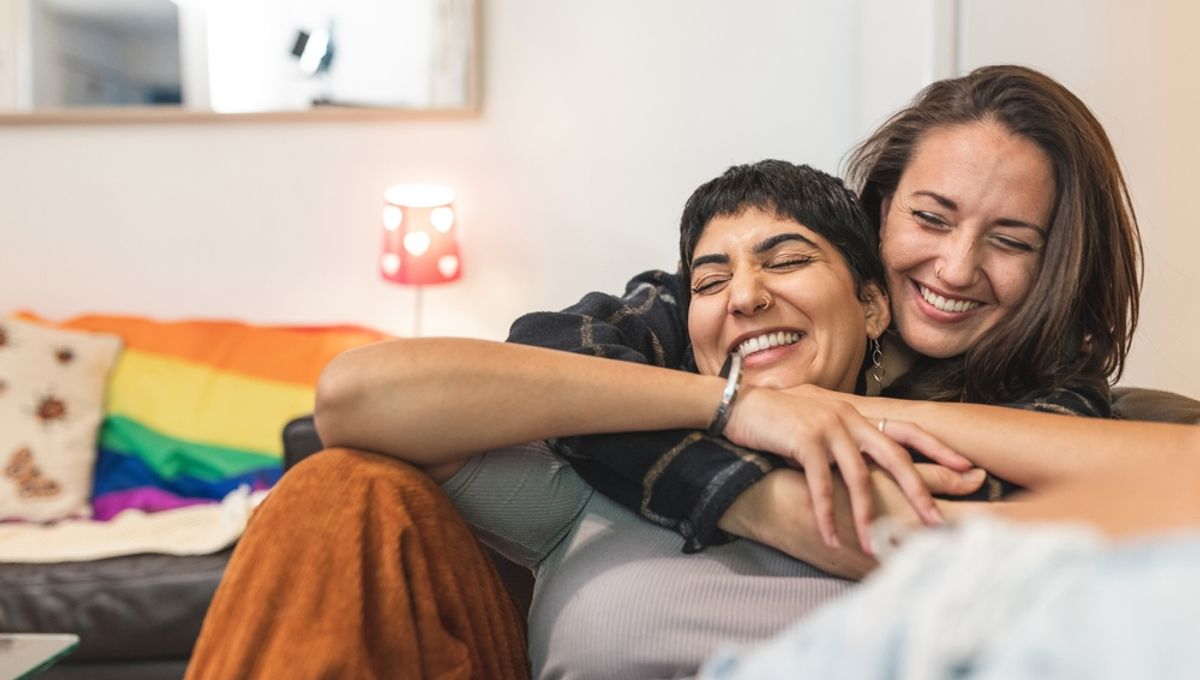
Same-sex married couples often cope with stress in a healthier and more collaborative way than different-sex couples, according to a new study. The researchers argue that this is perhaps because homosexual couples face unique problems, including stigma, and may receive less support from wider family and traditional institutions compared to heterosexual couples.
To reach these findings, sociologists from the University of Texas at Austin analyzed survey responses of 419 middle-aged couples in both same- and different-sex marriages living in Massachusetts.
The researchers studied their relationships in terms of dyadic coping, the processes through which couples manage stress together through joint problem-solving, communicating empathy, expressing solidarity, and redistributing responsibilities in response to the problem. They also measured negative dyadic coping, in which a spouse reacts ambivalently or even hostilely in response to the other’s stress.
The study notes that women are generally more engaged in dyadic coping compared to men in heterosexual relationships. However, when it came to same-sex partnerships, both men and women were found to be more likely to work together to cope with stress, compared to their counterparts in different-sex marriages.
“While women married to women receive the most positive coping support from their partners, women married to men receive the most negative dyadic coping. Unlike men and women in same-sex marriages, men and women in different-sex marriages are less likely to work toward coping with stress together,” the study concludes.
Furthermore, same-sex marriages were reported to have slightly higher marital quality than same-sex ones, just as previous research has hinted.
“This research shows that while there are some gender differences in dyadic coping efforts, the effects of supportive and collaborative dyadic coping as well as of negative dyadic coping on marital quality are the same for all couples,” Yiwen Wang, lead study author and a PhD candidate in UT Austin’s Department of Sociology, said in a statement.
“Our findings also emphasize the importance of coping as a couple for marital quality across different relationship contexts, which can be an avenue through which couples work together to strengthen relationship well-being,” added Wang.
The researchers explain that not nearly the same quantity of research into dyadic coping has been carried out on same-sex relationships. However, understanding the dynamics of these relationships could hold some real benefits for all couples dealing with problems.
“Same-sex couples face unique stressors related to discrimination and stigma. Coping as a couple may be especially important for them as they do not receive as much support from extended family, friends, or institutions as different-sex couples do,” added Debra Umberson, a professor of sociology at UT Austin.
“Including same-sex spouses and looking at how they work with each other to manage stress as compared to different-sex spouses can help us better understand the ways in which gender dynamics unfold in marriages,” Umberson said.
The new study was published in the Journal of Social and Personal Relationships.
Source Link: Same-Sex Couples Deal With Stress Better Than Different-Sex Couples